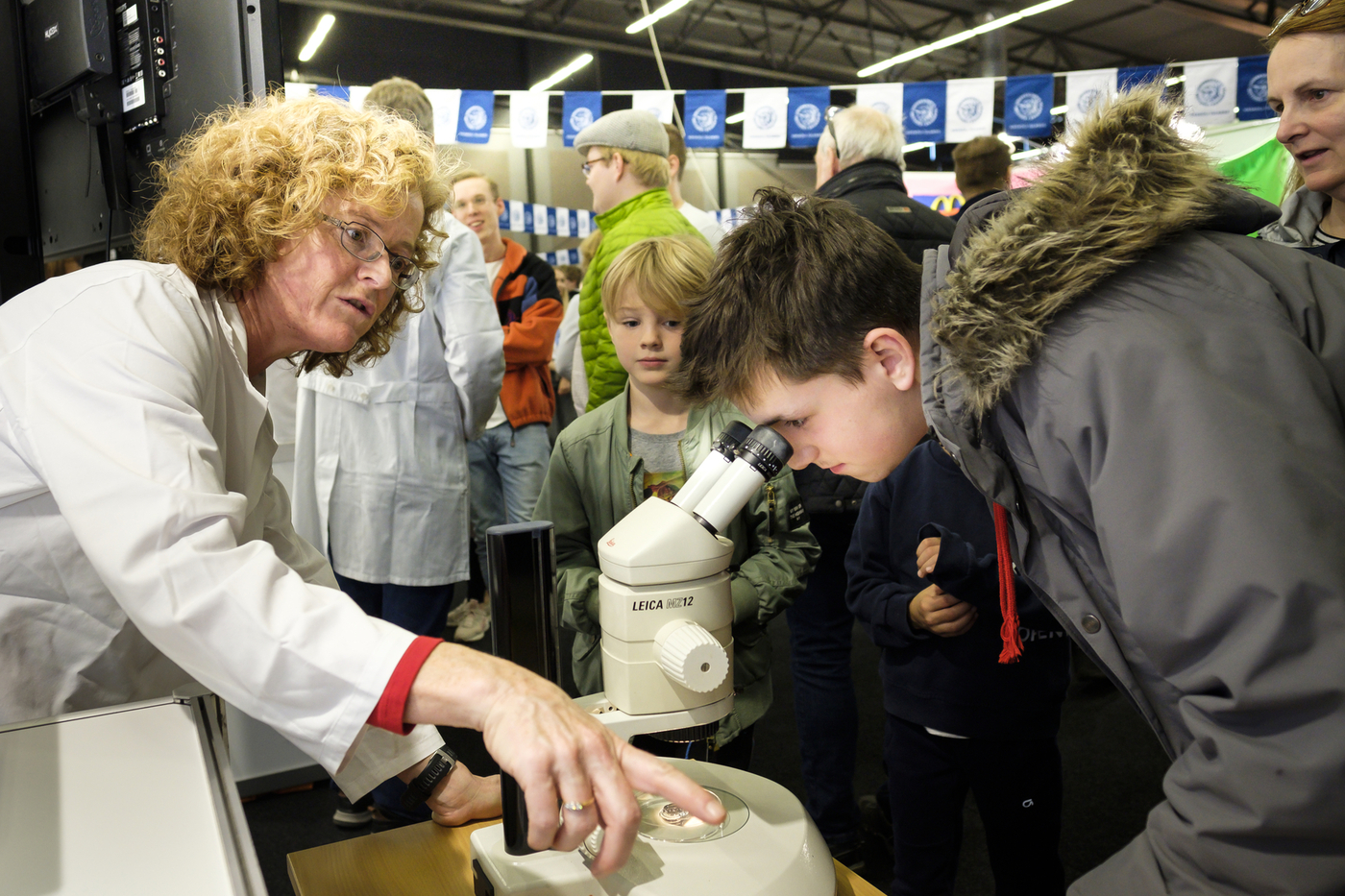Ants in Iceland, a home-made black hole, measuring hand strength and jumping, vocabulary solutions for cell phones, zebra fish in research and Icelandic and Faroese pop music are among the many subjects presented by scientists and students at the University of Iceland at the Researchers’ Night on Saturday 1 October between 1 and 6 pm. The European Researchers’ Night is open to all, and entry is free of charge.
The Researchers' Night was last held in 2019 due to the corona pandemic. RANNÍS, the Icelandic Centre for Research, organises the Researcher's Night events in Iceland, but similar events by the same name are held each year in many major European cities, always on the last Friday in September. The main objective of Researchers' Night is to show science and the scientists behind the research in a relaxed and friendly atmosphere to the general public, and to raise awareness of the work of researchers and their contribution to contemporary society.
A large group of institutes and companies take part in this impressive event in Laugardalshöll on Saturday; including academics and students from all of the five University schools, research scientists from the University's Research Centres and other staff and students who are communicating science in one way or another for the University of Iceland. Emphasis is placed on presenting research and projects in a dynamic and interactive manner for all ages. This will also be the case this year, so everyone ought to find something interesting at the University of Iceland's booths and stations in Laugardalshöll.
Projects and research on the use of virtual reality in the education system, measuring turbulence in air with smart phones, speaking maps, security in the Icelandic electricity system, volcanic eruptions in Iceland, carbon footprint in the Nordic countries, and the creation of art with artificial intelligence are among the challenges tackled by researchers from the University of Iceland and presented at the event. Guests can also find out what Icelanders eat, how the immune system works, the mysterious qualities of water, how to analyse fruit with mobile phones, and how to identify scam emails. Various living beings involved in University research will be on display such as crustaceans (crabs) and starfish, zebra fish, fruit flies, and ants. The University of Iceland Science Centre (UniSci) is worth a visit for people of all ages for the making of windmills, making works of art from tape, and learning about encryption and electrical circuits made from paper.
Furthermore, the Icelandic Centre for Research (Rannís) also organises a Science coffee before and after the Researchers' Night, a series of events taking place all over Reykjavík and Iceland, including the University of Iceland Research Centres. University research scientists will also give talks and have seminars on stem cells and cancer, fish travels, whales by the Westman Islands, the various roles of drill cores, Hólmavík documentary and the monitoring of glacial retreat.
The programme and the exhibitors can be found on the Researchers' Night website and on the Reserach Coffee all over Iceland - mostly in Icelandic.




